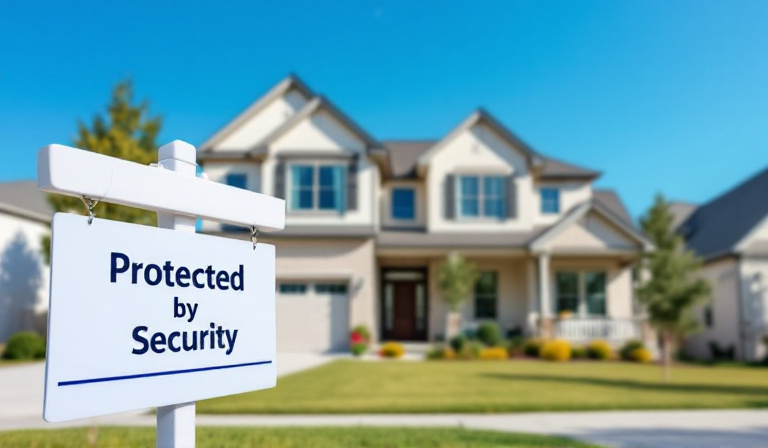
In a world where peace of mind is a valuable commodity, investing in security systems not only protects your home or business but can also lead to significant savings on insurance premiums. While the initial cost of installing a security system may seem daunting, the long-term benefits often outweigh the expense, providing a dual advantage of safety and financial savings.
Understanding the Connection Between Security Systems and Insurance
Insurance companies continually assess risk to determine the cost of coverage. Properties equipped with robust security systems present a lower risk for theft, vandalism, and other incidents. This reduced risk is attractive to insurers, leading to potential premium discounts for policyholders.
When a property is secured with alarms, surveillance cameras, and other protective measures, the likelihood of filing a claim decreases. As a result, many insurance providers offer incentives to encourage homeowners and business owners to install security systems, ultimately reducing the insurer's liability.
Types of Security Systems That Can Affect Insurance Costs
Not all security systems are created equal, and their impact on insurance premiums can vary. Here are some common types of security systems that could potentially lower your insurance costs:
- Alarm Systems: These systems alert homeowners and authorities of unauthorized entry. Insurance companies often offer discounts for properties with professionally monitored alarm systems.
- Surveillance Cameras: The presence of cameras can deter criminal activity. Insurers may provide discounts for systems that include video surveillance, especially if footage is stored securely.
- Access Control Systems: These systems regulate who can enter a property, adding an extra layer of security. They are particularly beneficial for businesses.
- Fire and Smoke Detectors: While primarily for safety, these detectors can also reduce insurance costs by mitigating damage and loss in the event of a fire.
Steps to Maximize Insurance Savings with Security Systems
To leverage security systems for insurance savings effectively, consider the following steps:
- Consult with Your Insurance Provider: Before installing a security system, contact your insurance company to understand what types of systems qualify for discounts and the specific requirements you must meet.
- Professional Installation: Ensure that your security system is installed by a licensed professional. Insurance companies often require this to ensure the system is effective and reliable.
- Regular Maintenance: Maintain and test your security system regularly to ensure it operates correctly. Insurance discounts may be contingent on the system being fully functional.
- Documentation: Keep detailed records of your security system, including installation receipts, maintenance logs, and any communications with your insurance provider regarding discounts.
Choosing the Right Security System
When selecting a security system, consider the specific risks associated with your property. For instance, if you live in an area prone to break-ins, a comprehensive alarm system may be beneficial. Conversely, if fire is a significant concern, prioritize smoke and fire detection systems.
Additionally, consider the technological features of the system. Modern security systems often integrate with smart home technology, allowing for remote monitoring and control via smartphones. These advanced systems not only provide enhanced security but can also be more appealing to insurance companies.
The Psychological and Financial Benefits
Beyond the tangible financial savings on insurance, security systems offer psychological benefits. Knowing your property is protected can reduce stress and provide peace of mind, allowing you to focus on other aspects of life and business.
Financially, while the primary saving comes from reduced insurance premiums, security systems can also prevent costly losses from theft or damage. In some cases, the value of prevented losses can far exceed the cost of the security system itself.
Conclusion
Incorporating a security system into your home or business strategy is a wise investment that extends beyond protection. By reducing the risk profile of your property, you can enjoy lower insurance premiums, increased property value, and invaluable peace of mind. As you plan your security measures, remember to engage with your insurance provider to maximize potential savings and ensure your system meets all necessary criteria. With the right approach, leveraging security systems for insurance savings can be both a practical and financially savvy decision.

